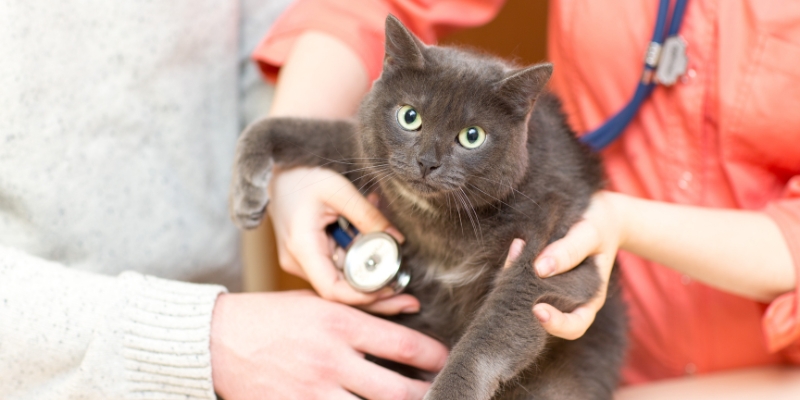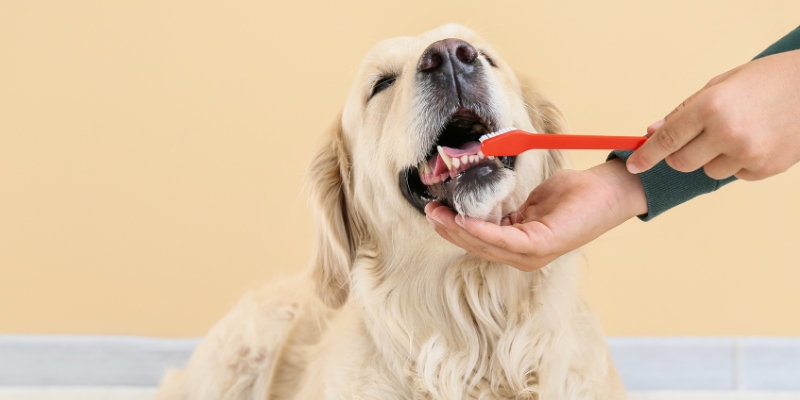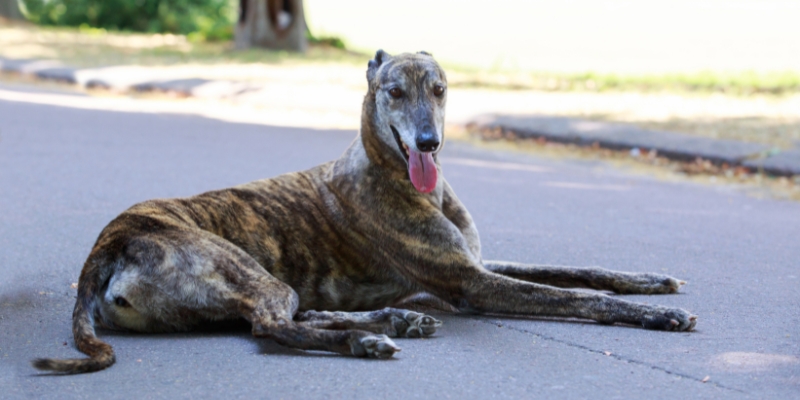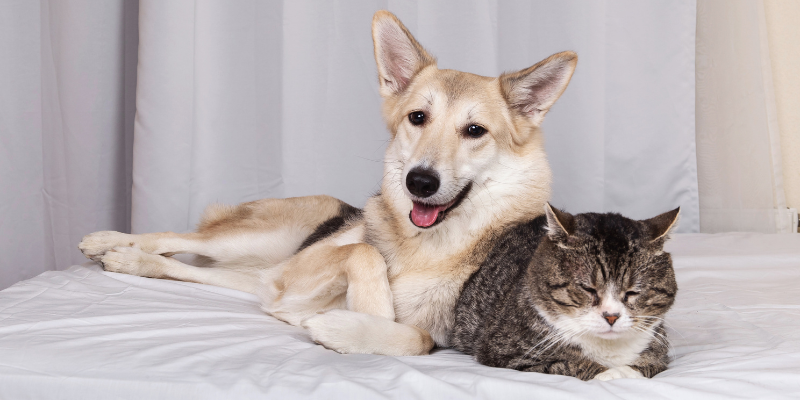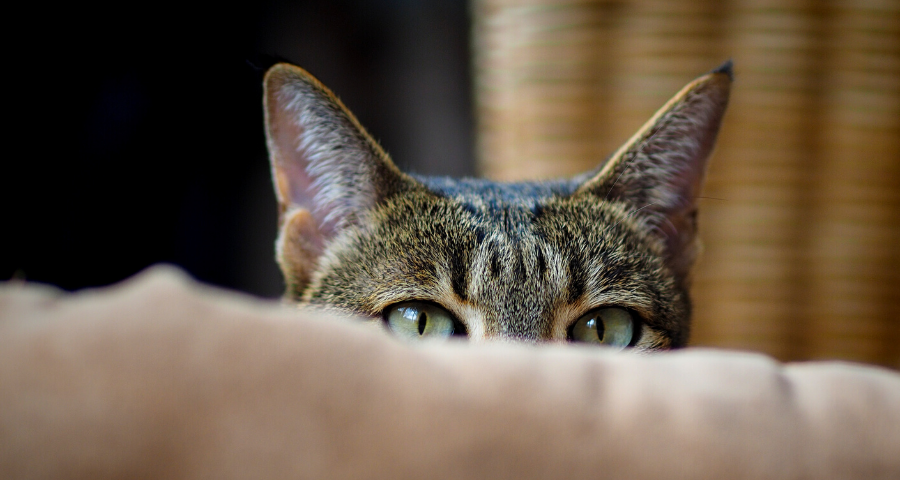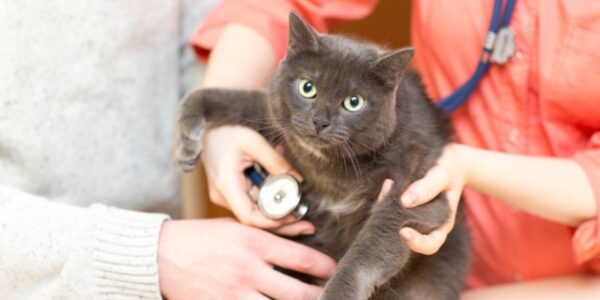"My pet seems healthy – do they still need a general health check with their vaccination?" There are three reasons why we recommend a full consultation and health check for every pet at the time of vaccination...
Read More
Blog
-

-
 Unexpected allergies If we surveyed pet owners about potential allergy symptoms in dogs and cats, most would list signs such as recurrent ear infections, generalised itchiness, paw licking, or tummy upset. But...
Unexpected allergies If we surveyed pet owners about potential allergy symptoms in dogs and cats, most would list signs such as recurrent ear infections, generalised itchiness, paw licking, or tummy upset. But...
Read More -
 Dental health duties Whilst most owners understand the impact of their pet's oral health on their general health and quality of life, many may still need clarification on the practical ways to achieve excellen...
Dental health duties Whilst most owners understand the impact of their pet's oral health on their general health and quality of life, many may still need clarification on the practical ways to achieve excellen...
Read More -
 Whether you’re purchasing a special breed pup or scouting out local rescues to adopt a canine companion, it’s important to research and plan for your future dog’s specific care needs. Doing this will ensure that ...
Whether you’re purchasing a special breed pup or scouting out local rescues to adopt a canine companion, it’s important to research and plan for your future dog’s specific care needs. Doing this will ensure that ...
Read More -
 Trigger warning: this blog post discusses terminal illness in a pet. Frankie was a beautiful 11-year-old greyhound, who loved nothing better than being with his family. Wherever the family was, Frankie was too...
Trigger warning: this blog post discusses terminal illness in a pet. Frankie was a beautiful 11-year-old greyhound, who loved nothing better than being with his family. Wherever the family was, Frankie was too...
Read More -
 Imagine that you’re a dog. Your owner clips on your lead (exciting!), pops you into the car (woo hoo!), and you excitedly journey to… the vet. Now, imagine you’re a cat. You see “the box of doom” (also known a...
Imagine that you’re a dog. Your owner clips on your lead (exciting!), pops you into the car (woo hoo!), and you excitedly journey to… the vet. Now, imagine you’re a cat. You see “the box of doom” (also known a...
Read More -
 Is your senior dog or cat moving more slowly? Taking the stairs a bit more hesitantly? Or perhaps having trouble keeping themselves looking clean and neat? While advancing age will lead to some inevitable changes...
Is your senior dog or cat moving more slowly? Taking the stairs a bit more hesitantly? Or perhaps having trouble keeping themselves looking clean and neat? While advancing age will lead to some inevitable changes...
Read More -
 It’s quite common for owners to find new lumps on their pets during routine grooming or cuddle-time and start feeling a little worried. What could the lump be? And what’s the best course of action, monitoring at ...
It’s quite common for owners to find new lumps on their pets during routine grooming or cuddle-time and start feeling a little worried. What could the lump be? And what’s the best course of action, monitoring at ...
Read More -
 Did you know that many cases of feline anxiety may sadly go unrecognised? This is because cats, not being pack animals, won’t always seek social support as a dog would, and instead may mask feelings of stress...
Did you know that many cases of feline anxiety may sadly go unrecognised? This is because cats, not being pack animals, won’t always seek social support as a dog would, and instead may mask feelings of stress...
Read More

